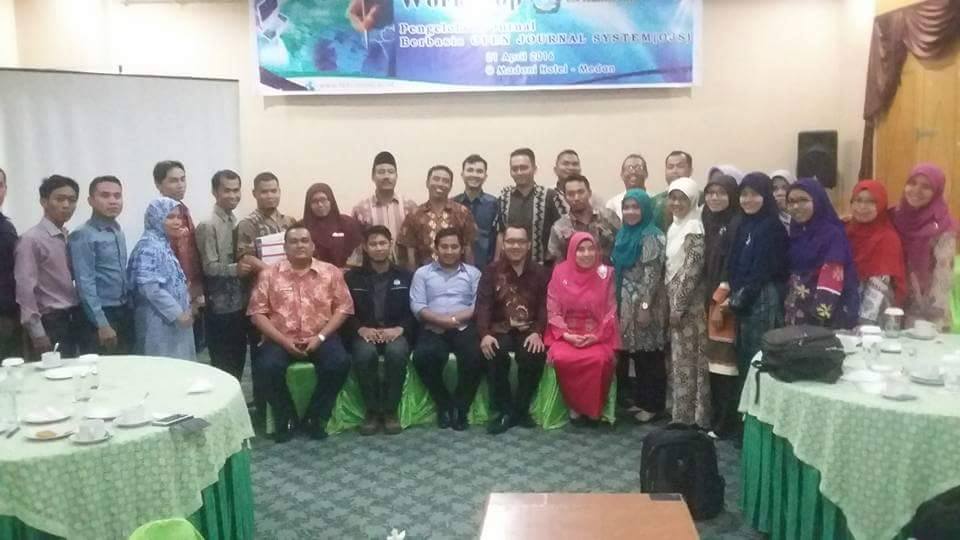ANALYSIS OF PUBLIC PREFERENCES FOR ZAKAT PAYMENTS COMPARED TO TAXES IN A SOCIAL AND ECONOMIC PERSPECTIVE
Abstract
payments from social and economic perspectives. Using a qualitative approach
and literature study method, the research examines prior studies, accredited
journals, and relevant policy documents related to zakat and taxation. The
findings indicate that public preference for zakat is influenced by religious
motivation, higher trust in zakat management institutions, ease of access through
digital platforms, and social-cultural satisfaction. In contrast, low trust in tax
authorities, negative perceptions of bureaucracy, and lack of transparency are
key factors behind weak tax compliance. These findings suggest the need for an
integrative policy approach that aligns zakat and taxation to enhance fiscal
justice and effective wealth distribution in society. The study recommends that
governments and zakat institutions strengthen collaboration, improve
transparency, and develop regulations that accommodate the social and religious
values of the public.
Keywords
Full Text:
PDFReferences
Anshari, M. R. (2019). Zakat as a tax deduction in Indonesian law. Journal of Hadratul Madaniyah, 6(1), 68–82. https://doi.org/10.33084/jhm.v6i1.881
Ascarya, S., Yumanita, D., & Rokhim, R. (2018). Zakat as an Islamic social finance instrument to reduce poverty in Indonesia: A SWOT analysis. Indonesian Journal of Economics and Development, 19(1), 1–12. https://doi.org/10.21002/jepi.v19i1.709
Basri, F. (2019). Public Perception of Zakat and Taxes: A Comparative Study Among Muslim Professionals. Journal of Islamic Economics, 10(2), 134–147. https://doi.org/10.22219/jei.v10i2.1123
Famulia, D. (2020). Integration of Zakat and Taxes in Muslim-Majority
Countries: A Comparative Analysis of Malaysia and Indonesia. Al-Iqtishad Journal: Journal of Islamic Economics, 12(2), 237–254. https://doi.org/10.15408/aiq.v12i2.15930
Fatmawati, A., & Aini, Q. (2023). Public Preferences for Zakat and Tax
Payments: A Case Study on Urban Muslim Communities. Journal of
Islamic Economics and Finance, 9(1), 45–58. https://doi.org/10.20885/jeki.vol9.iss1.art5
Fitriani, E., & Hidayah, R. (2023). Transparency and Accountability of Zakat Management Institutions on the Level of Muzakki's Trust. Journal of Multiparadigm Accounting, 14(1), 75–89. https://doi.org/10.18202/jam.v14i1.6784
Furqoni, M. (2020). Determinants of Muzakki's Preferences in Distributing Zakat through Official Institutions. Journal of Iqtishadia: Journal of Islamic Economic and Business Studies, 13(1), 21–34. https://doi.org/10.21043/iqtishadia.v13i1.6714
Husna, A (2024). The Role of Moral Reasoning in Islamic Perspectives on Whistleblowing. AT-TAWASSUTH: Journal of Islamic Economics (1), 85-96 http://dx.doi.org/10.30829/ajei.v9i1.20141
Irhamsyah, A. (2020). Analysis of preference factors that affect the decision on zakat payment methods for muzakki in the digital era (Study on lecturers and education staff of the Faculty of Economics and Business, Universitas Brawijaya). FEB Student Scientific Journal, 8(2), 1–15. https://jimfeb.ub.ac.id/index.php/jimfeb/article/view/6157
Izzuddin, A., & Rohman, A. (2022). The Effect of Digitalization on Zakat Payment Compliance in the Industrial Era 4.0. Journal of Theoretical and Applied Sharia Economics, 9(6), 1143–1155. https://doi.org/10.20473/vol9iss6pp1143-1155
Mujiatun, S., Jasin, H., Fahmi, M., & Jufrizen, J. (2022). Sharia Financial Technology (Fintech) Model in North Sumatra. Owner: Research and Journal of Accounting, 6(3), 2830-2839.
Nasution, A. (2020). Analysis of Zakat and Tax Payment Compliance in Urban Muslim Communities. Journal of Social Religion, 15(1), 22–35. https://doi.org/10.23971/jsk.v15i1.1611
Pratiwi, N. A. (2017). Analysis of Individual Preferences in Paying Zakat and Taxes Reviewed from Sociological and Economic Aspects. Journal of Islamic Economics and Business, 2(1), 33–46. https://doi.org/10.21580/jebi.2017.2.1.1683
Putri, N. P. (2023). Muslim Community's Perception of the Effectiveness of Taxes and Zakat as a Tool of Welfare Distribution. Journal of Indonesian Economics and Development, 24(2), 159–174. https://doi.org/10.24832/jepi.v24i2.1861
Putri, N., Ramadhani, S., & Yusuf, M. (2024). Factors Influencing Digital Zakat Preferences: A Study on the Muslim Millennial Generation. Journal of Sharia Economics (JIES), 16(1), 1–15.
https://doi.org/10.2139/ssrn.4796021
Ramadhan, M. R. (2022). Integration of taxes and zakat in Indonesia.
ISLAMICONOMIC: Journal of Islamic Economics, 8(1), 1–15. https://doi.org/10.32678/ijei.v8i1.54
Sidik, M. (2021). Factors that affect the preference of muzakki in paying zakat at the Insan Madani Jambi Social House. e-Journal of Industrial and Monetary Trading, 4(2), 123–135. https://doi.org/10.22437/pim.v4i2.4164
Sofyan, S. E., Kiromah, K. D., Istiqomah, K., & Rahmah, L. (2024). Analysis of zakat and community tax compliance. Journal of Islamic Economic Research, 1(2), 37–48. https://journal.steidarulquran.ac.id/index.php/jrei/article/view/26
Tishwanah, S., & Latifah, L. (2023). Moral Preference of the Muslim
Community: Between the Obligation to Pay Taxes and Zakat. Journal of Social and Political Sciences, 27(1), 101–120. https://doi.org/10.22146/jsp.27.1.2023.73845
DOI: http://dx.doi.org/10.30829/hf.v12i1.25215
Refbacks
- There are currently no refbacks.
Indexed by:



_-_Copy3.png)














